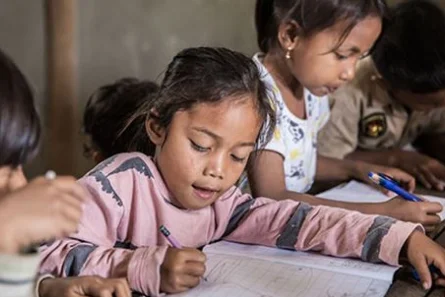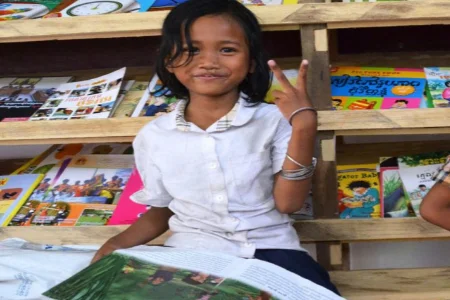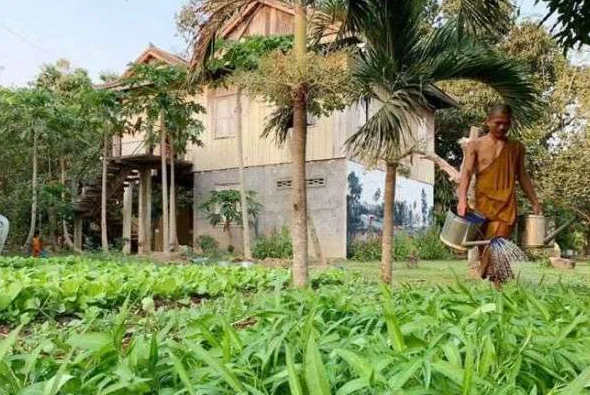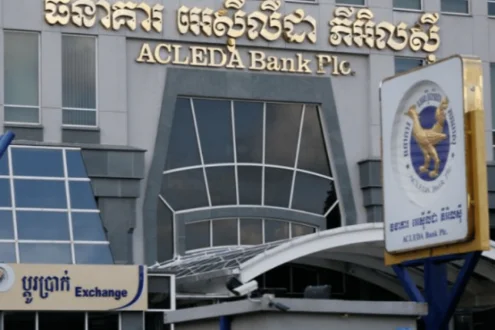Cambodia: Fiscal Policies Can Further Boost Sustainable Development

Cambodia continues to rank among the fastest growing economies in Southeast Asia and has made significant progress toward meeting its development goals. To underpin further progress, the country would need to channel additional spending into priority sectors like education, health, and physical infrastructure in the context of a sustainable financing plan.
Efforts would need to continue to improve spending efficiency, public investment management practices, and coordination across government units. Support from development partners and involvement of the private sector are also essential.
Cambodia’s economic growth remains strong at 7 percent and the country continues to advance its development agenda, according to the IMF’s latest economic assessment.
Public investment and private sector involvement resulted in improved access to and quality of physical infrastructure, such as electricity and roads. Public spending on health and education also increased, which led to improved quality and access. As a result, for example, the enrollment rate in primary education has reached almost 100 percent.
Cambodia continues to prioritize the Sustainable Development Goals (SDGs) by mapping them (along with one additional goal related to de-mining) into the country’s national policy priorities. The new government’s strategy reflects Cambodia’s SDG framework and is the basis for the National Strategic Development Plan .
Still, the country’s ambitious development plans will require further policy efforts on many fronts. Despite recent progress, Cambodia lags behind its regional peers in terms of access to and quality of social services and physical infrastructure.
 Albania
Albania Algeria
Algeria Andorra
Andorra Argentina
Argentina Armenia
Armenia Australia
Australia Austria
Austria Azerbaijan
Azerbaijan Bahrain
Bahrain Belgium
Belgium Bolivia
Bolivia Brazil
Brazil Bulgaria
Bulgaria Cambodia
Cambodia Cameroon
Cameroon Canada
Canada Chad
Chad Chile
Chile China
China Colombia
Colombia Costa Rica
Costa Rica Croatia
Croatia Cyprus
Cyprus Czechia
Czechia Denmark
Denmark Ecuador
Ecuador Egypt
Egypt Finland
Finland France
France Georgia
Georgia Germany
Germany Ghana
Ghana Greece
Greece Hungary
Hungary Iceland
Iceland India
India Indonesia
Indonesia Ireland
Ireland Italy
Italy Jamaica
Jamaica Japan
Japan Jordan
Jordan Kazakhstan
Kazakhstan Kenya
Kenya Kuwait
Kuwait Latvia
Latvia Lebanon
Lebanon Libya
Libya Lithuania
Lithuania Luxembourg
Luxembourg Malaysia
Malaysia Maldives
Maldives Mali
Mali Malta
Malta Mexico
Mexico Moldova
Moldova Monaco
Monaco Morocco
Morocco Netherlands
Netherlands New Zealand
New Zealand Nigeria
Nigeria North Macedonia
North Macedonia Norway
Norway Oman
Oman




